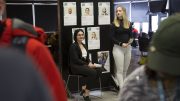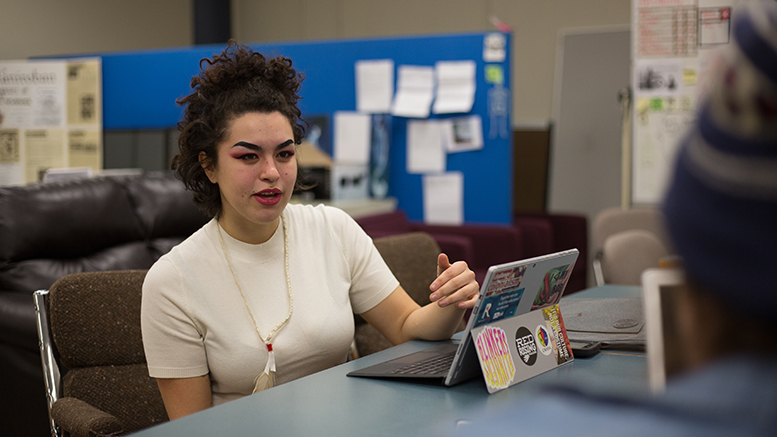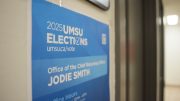As the dust settle after the recent Arts Student Body Council (ASBC) elections, I can’t help but feel disillusioned by the whole process.
As an independent candidate for the women’s rep position, I was up against opponents who were part of prominent slates. The overwhelming advantage that groups like ASBC 4U and Equalize ASBC have over independent candidates is undeniable. Despite my best attempts to campaign, I was unable to match the slates’ high visibility and widespread promotion.
I was disappointed but not surprised to see that the slate candidates had received the majority of the votes when the results were announced. It’s not that they lacked qualifications or abilities, rather, it was the unfairness of the playing field that allowed independent candidates like me to be overshadowed and overlooked.
While the election seeks to provide equal opportunity for all candidates, it is obvious that the system still has imbalances. The influence of the slates drowned out independent candidates’ opinions and voices, creating an uneven election process overall.
Additionally, when candidates hold multiple roles, the chances of new and diverse views being heard are reduced. As a result, the student council can end up an echo chamber of ideas without a variety of viewpoints.
Prioritizing the participation of new candidates is essential if we are to successfully improve diversity and inclusivity. This not only opens up opportunities for more students, but also improves the efficiency of the roles that students are currently in.
The demerit system, or the “Hunger Games” of student council elections as I like to refer to it, should also not be overlooked. A demerit system is employed during the ASBC election to penalize candidates that violate the rules stated in the ASBC election manual. Although the system aims to promote accountability, it can also cause candidates to act in hostile and desperate ways.
If votes are taken away for demerits as is currently outlined in the ASBC election manual, candidates may feel compelled to engage in negative campaigning or to attack their opponents.
It’s not just the ASBC elections that have issues — the UMSU elections were just as problematic. The UMSU elections were plagued by a tone of negativity and antagonism, just like many other student council elections.
It’s depressing to see how student council elections have devolved into just a contest for first place. Candidates are more concerned with knocking out or outdoing their opponents than with exhibiting actual leadership and a desire to bring about meaningful change.
This creates a toxic environment for candidates, and when all you see is negativity and animosity, it’s difficult to feel enthusiastic about an election. This discourages many students from taking part in the election process.
So, what can be done to make future elections more democratic and fair for all candidates? One approach may be to give independent candidacy more priority, which would enable all candidates to run on their own platforms and ideas without the benefit of slate association. This would ensure that all candidates have an equal opportunity to interact with voters and express their thoughts without the influence of groupthink.
It’s time for a change in the culture of student council elections. We need to encourage a diverse range of candidates to step forward and prioritize their platforms and ideas over slate affiliation. For this to happen, we should make a positive change in the election process to attract more students to run for student council positions.
There are many great thinkers and diverse voices within the corners of the University of Manitoba, and if we continue with the current pattern of exclusive slates and negative campaigning, we risk missing out on the fresh perspectives and ideas that these students can bring to the table.
After all, the goal is to create a fair and inclusive system that genuinely represents the viewpoints and ideas of our student body.




